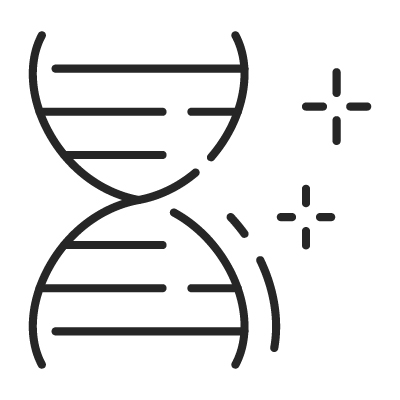H.Pylori Antigen
| Catalog No. | SHPYAGF |
|---|---|
| Specimen | Human Feces |
| Dimensions | Height: 60mm, Length: 300mm, Height: 84mm, Length: 300mm |
Product Description
INTENDED USE
The H. pylori Ag Rapid Test is a lateral flow chromatographic immunoassay for the qualitative detection of H. pylori antigen in human fecal specimen. It is intended to be used by professionals as a screening test and as an aid in the diagnosis of infection with H. pylori. Any reactive specimen with the H. pylori Ag Rapid Test must be confirmed with alternative testing method(s) and clinical findings.
SUMMARY
Helicobacter pylori is associated with a variety of gastrointestinal diseases including non-ulcer dyspepsia, duodenal and gastric ulcers and active, chronic gastritis. The prevalence of H. pylori infection could exceed 90% in patients with signs and symptoms of gastrointestinal diseases. Recent studies indicate an association of H. pylori infection with stomach cancer.
H. pylori can be transmitted through the ingestion of food or water that is tainted with fecal matter. Antibiotics in combination with bismuth compounds have been shown to be effective in treating active H. Pylori infection..H. pylori infection is currently detected by invasive testing methods based on endoscopy and biopsy (i.e. histology, culture) or non-invasive testing methods such as urea breath test (UBT), serologic antibody test and stool antigen test. UBT requires expensive lab equipment and consumption of a radioactive reagent. Serologic antibody tests do not distinguish between currently active infections and past exposures or infections that have been cured. The stool antigen test detects antigen present in the feces, which indicates an active H. pylori infection. It can also be used to monitor the effectiveness of treatment and the recurrence of an infection.The H. pylori Ag Rapid Test uses a colloidal gold conjugated monoclonal anti-H. pylori antibody and another monoclonal anti-H. pylori antibody to specifically detect H. pylori antigen present in the fecal specimen of an infected patient. The test is user friendly, accurate, and the result is available within 15 minutes.
PRINCIPLE
The H. pylori Ag Rapid Test is a sandwich lateral flow chromatographic immunoassay. The test strip consists of: 1) a burgundy colored conjugate pad containing monoclonal anti-H. pylori antibody conjugated with colloidal gold (anti-H.p. conjugates) and 2) a nitrocellulose membrane strip containing a test line (T line) and a control line (C line). The T line is pre- coated with another monoclonal anti-H. pylori antibody, and the C line is pre-coated with goat anti-mouse IgG antibody.
When an adequate volume of extracted fecal specimen is dispensed into the sample well of the test cassette, the specimen migrates by capillary action across the cassette. H. pylori antigens, if present in the specimen, will bind to the anti-H.p. conjugates. The immunocomplex is then captured on the membrane by the pre-coated antibody forming a burgundy colored T line, indicating an H. pylori positive test result. Absence of the T line suggests that the concentration of H. pylori antigens in the specimen is below the detectable level, indicating an
H. pylori negative test result.The test contains an internal control (C line) which should exhibit a burgundy colored line of the immunocomplex of goat anti-mouse IgG/mouse IgG-gold conjugate regardless of the color development on the T line. If the C line does not develop, the test result is invalid and the specimen must be retested with another device.














